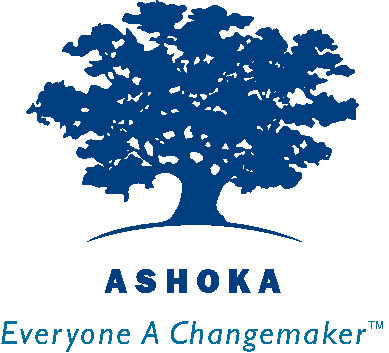Contamination, Pollution and Quality
Conference report: The Anil Agarwal Dialogue on "Excreta does matter", organised by Centre for Science and Environment on 4-5 March 2013 at New Delhi
Posted on 12 Mar, 2013 03:23 PMA close examination of these two issues shows that the water and sewage challenge is already grave and could get worse. With this as the backdrop, Centre for Science and Environment (CSE), a public interest research and advocacy organisation based in New Delhi, organised a two day conference called the Anil Agarwal Dialogue on “Excreta does matter”. The conference took place at the Jacaranda Hall, India Habitat Centre, Lodhi Road, New Delhi on 4 and 5 March 2013.
The dialogue aimed at furthering the agenda of CSE’s seventh State of India’s Environment report titled Excreta Matters. This report is a comprehensive survey of the situation of water and wastewater management in 71 Indian cities. The study found that most cities lack a basic policy direction on how best to tackle issues of demand, supply and treatment of water, and of management of sewage.
The Dialogue being the first of its kind brought together a wide range of professionals, activists, practitioners, policy makers, academicians, researchers and administrators from the water sector. The event was aimed at drawing attention on the critical issues of how cities will get affordable and sustainable water and waste systems that can supply to all and take back and treat the sewage of all.

Bangalore garbage finds dumping place in Mandur: Civic body promises better infrastructure projects in exchange - Roundup of the week’s news (March 4- March 10, 2013)
Posted on 11 Mar, 2013 11:42 PMBangalore garbage finds dumping place in Mandur: Civic body promises better infrastructure projects for communities living there
Water in movies: Exploring the role of water in mainstream media and popular culture
Posted on 11 Mar, 2013 03:20 PMFrom the serious to the absurd, water has featured across a breadth of movies, both in Hollywood and Bollywood.
Manuals for preparation of detailed project report for rural piped water supply schemes by Ministry of Drinking Water and Sanitation
Posted on 08 Mar, 2013 05:33 PMThe works have to done maintaining appropriate standards and quality of the schemes, and ensure their completion in time. The manuals are prepared keeping in mind the activities mentioned in the 12th five year plan.
Uniform drinking water quality monitoring protocol- A document by Ministry of Drinking Water and Sanitation (2013)
Posted on 07 Mar, 2013 08:36 PMThese protocols are suggestive in nature and will be useful for laboratory personnel, water supply engineers and policy makers working in the drinking water sector operating at State, District and Sub-district levels.
#SparkTheRise Twitter conference on ‘Water sustainability - A key to our future’, by Mahindra and Ashoka India
Posted on 07 Mar, 2013 11:03 AM

Budget 2013: Highlights from the water sector - Roundup of the week’s news (February 25- March 3, 2013)
Posted on 04 Mar, 2013 05:31 PMBudget 2013: Highlights from the water sector
Mumbai to get India's longest 'water metro' - Updates from the Resource and Information Network for the Coasts' March 2013 newsletter
Posted on 01 Mar, 2013 10:29 PM
The March edition of the TRINet has the following highlights:
Strategies for achieving environmental sustainability in rural development - A report by United Nations Development Programme
Posted on 23 Feb, 2013 10:22 AMThis report by the United Nations Development Programme (UNDP) presents strategies for inclusive rural development embodying the principles of environmental sustainability. It recommends measures needed to achieve green, including measuring and tracking, the use incentives and the building of capacities. It also contains a number of case studies showing how green results can be achieved.
Anthropogenic activities leads to deterioration of groundwater quality: A study of Mayyanad and Edamulakkal panchayats of Kollam district in Kerala
Posted on 22 Feb, 2013 10:07 AMKerala is a rain blessed state in the country. It has highest number of wells, when compared with other states. However due to its slanting topography there is significant decline in the ground water levels leading to severe water scarcity during summer months in most districts of the state. Further over extraction and dependence of groundwater for domestic use from the dug wells especially in rural pockets has resulted in several groundwater problems. In this backdrop the paper in The Ecosan- An International Quarterly Journal of Environmental Science, sheds light on groundwater quality issues in two panchayats of Kerala.





